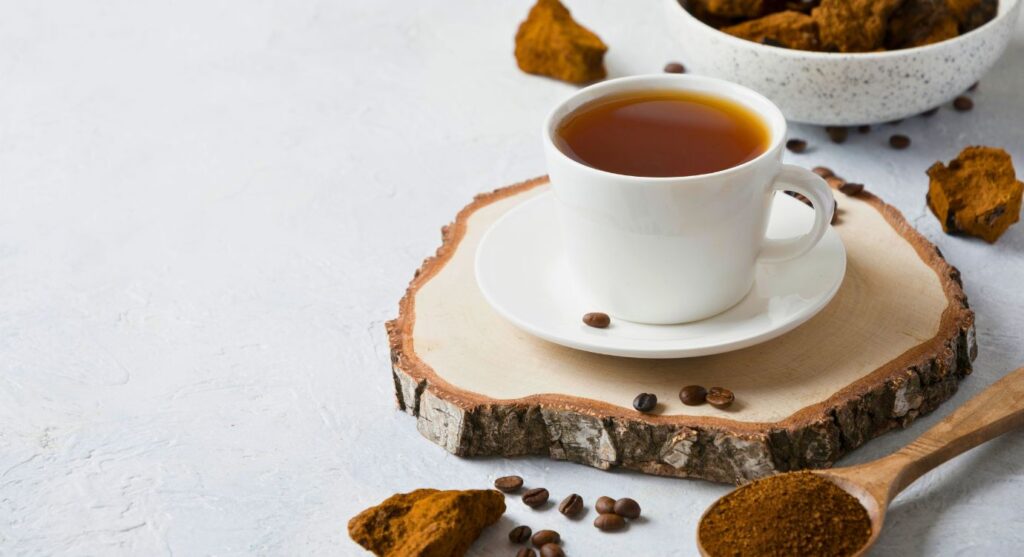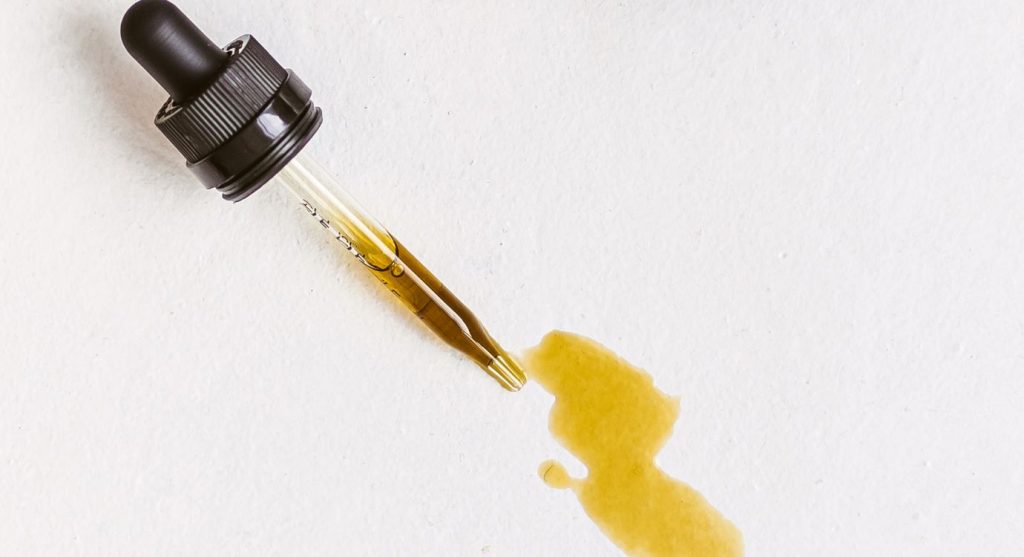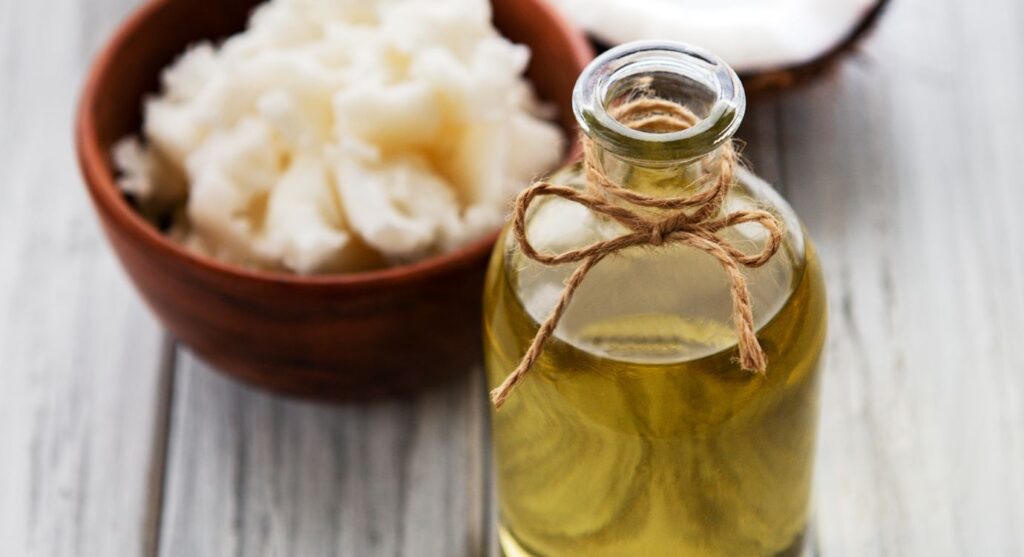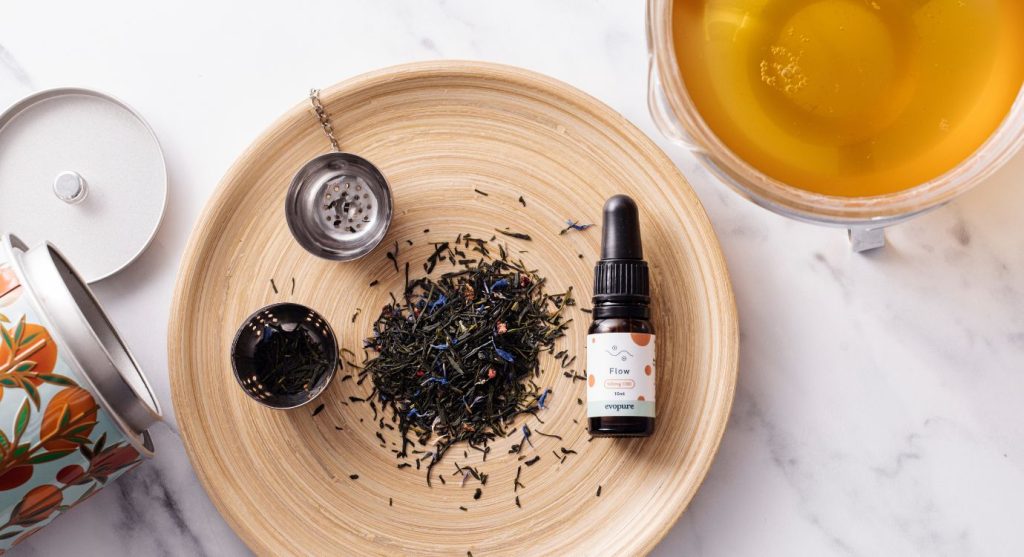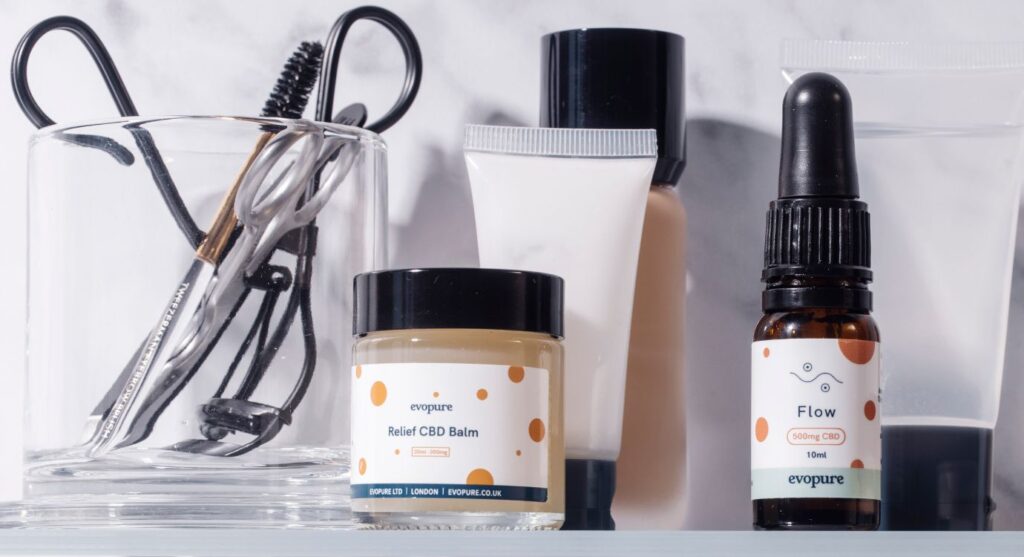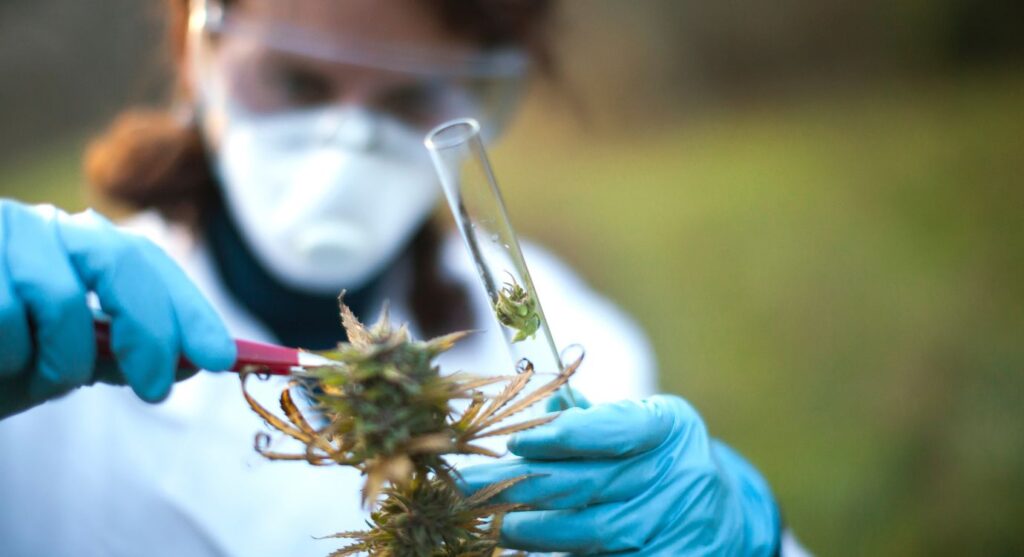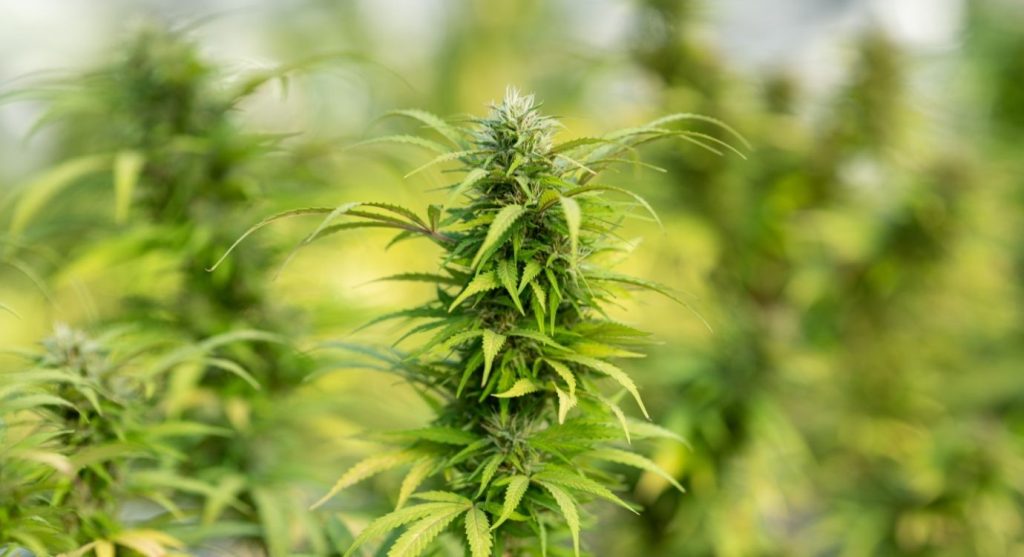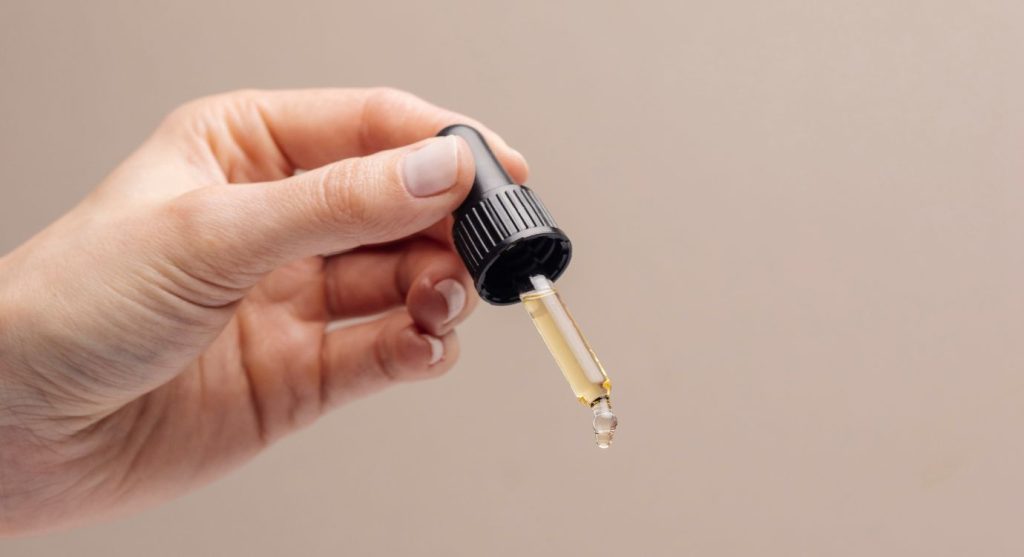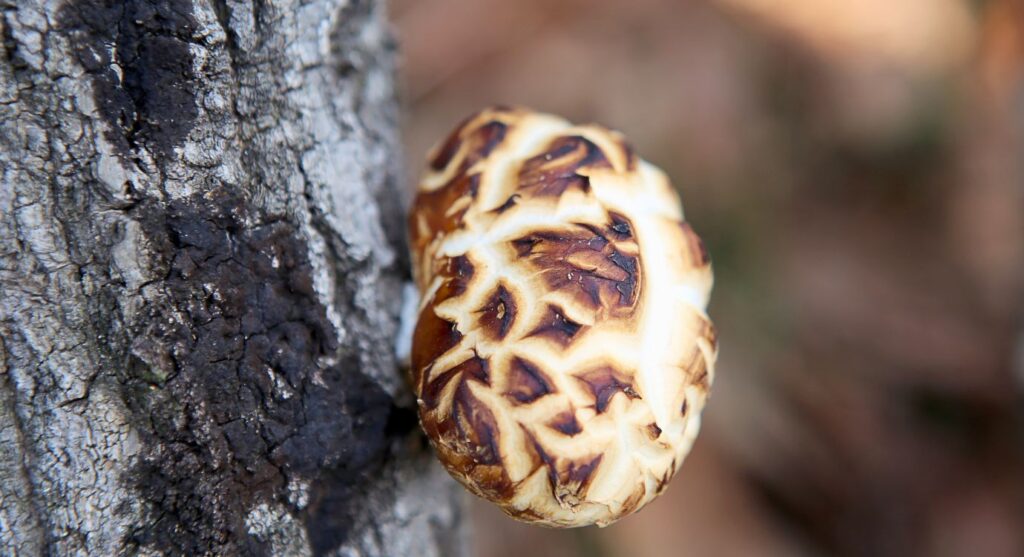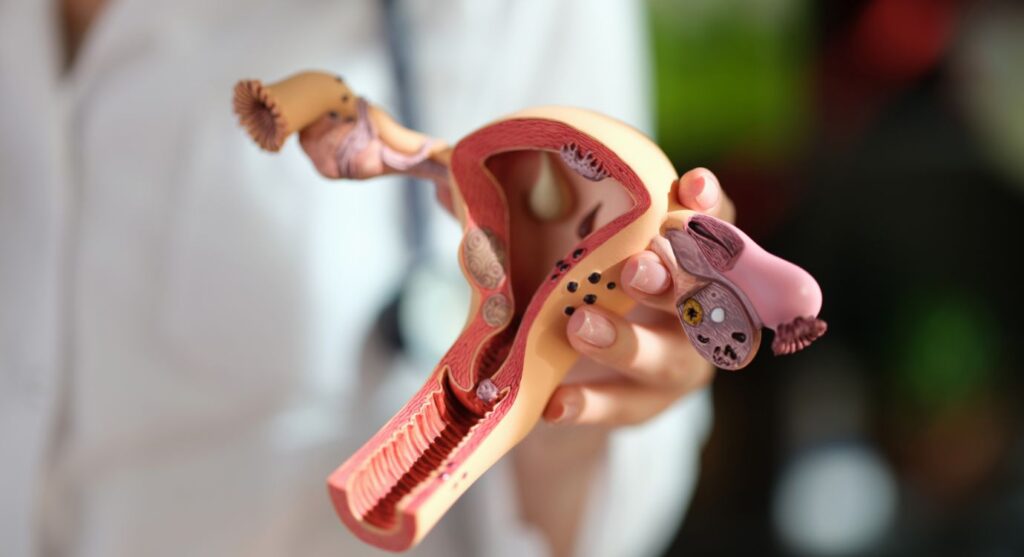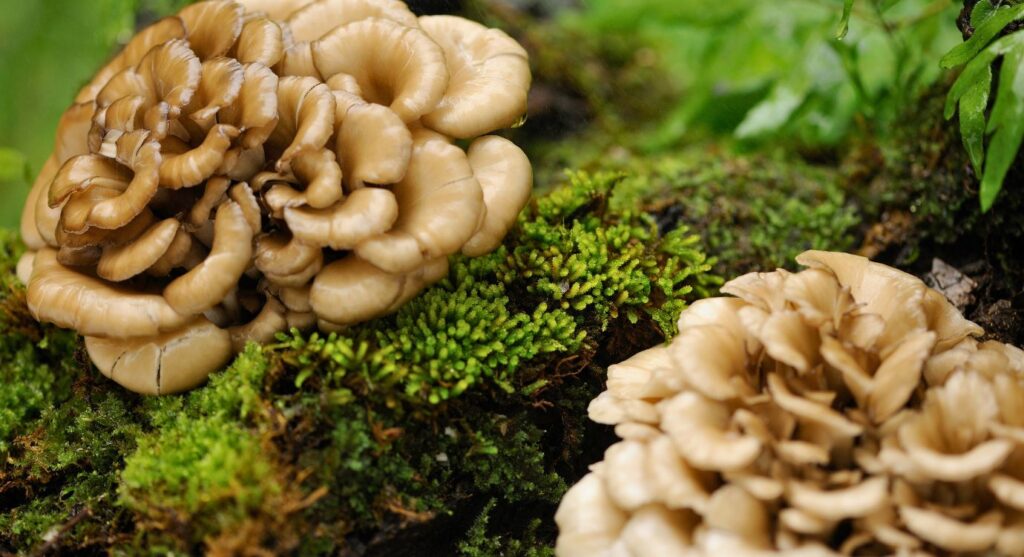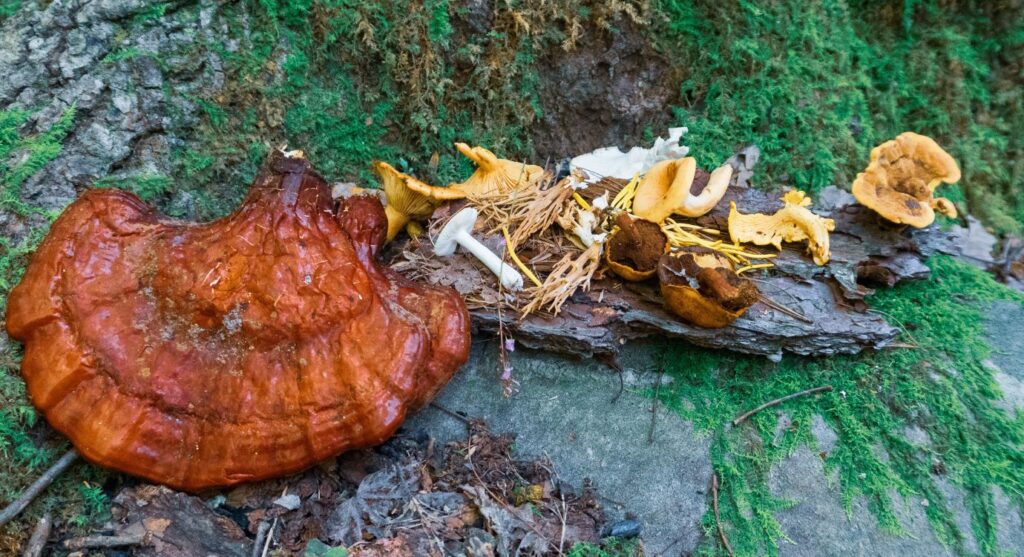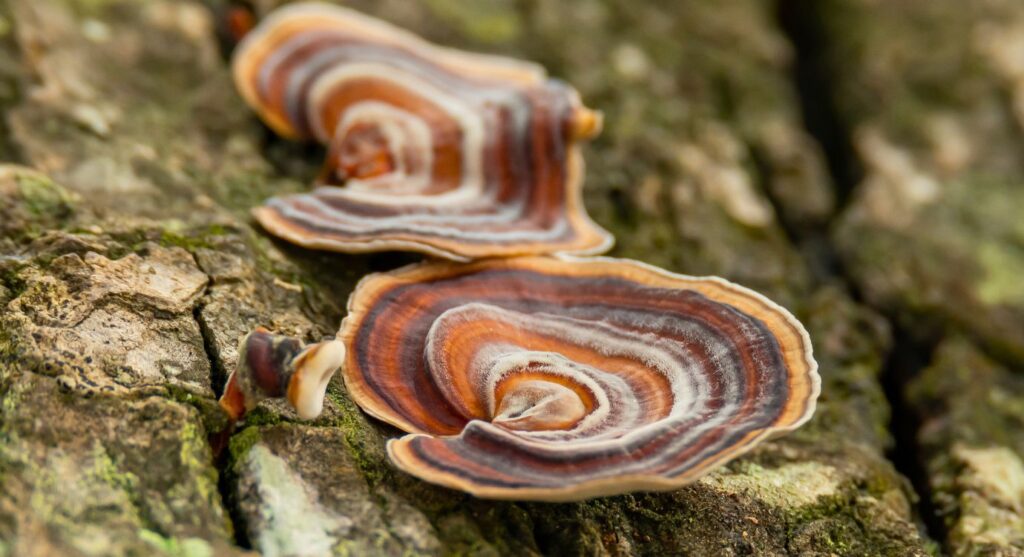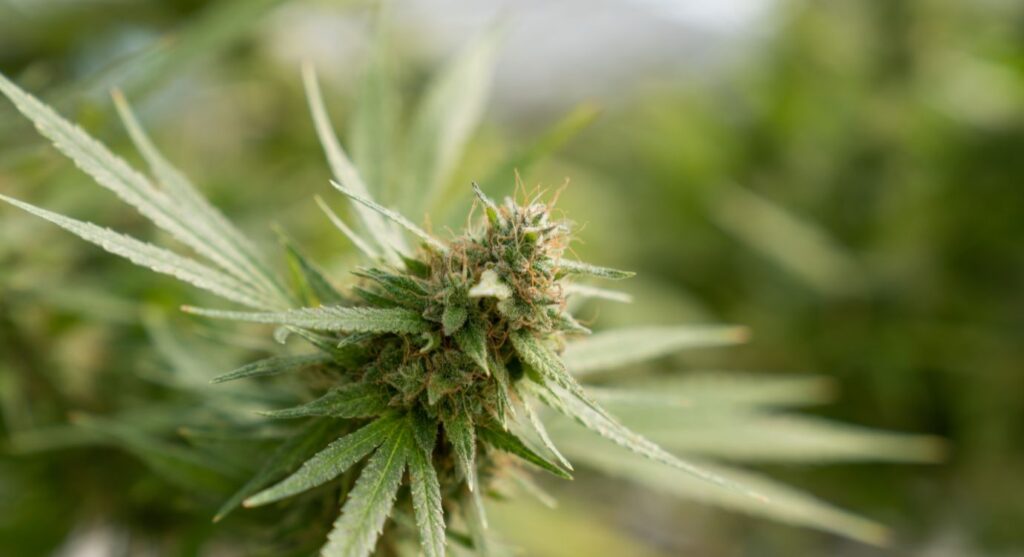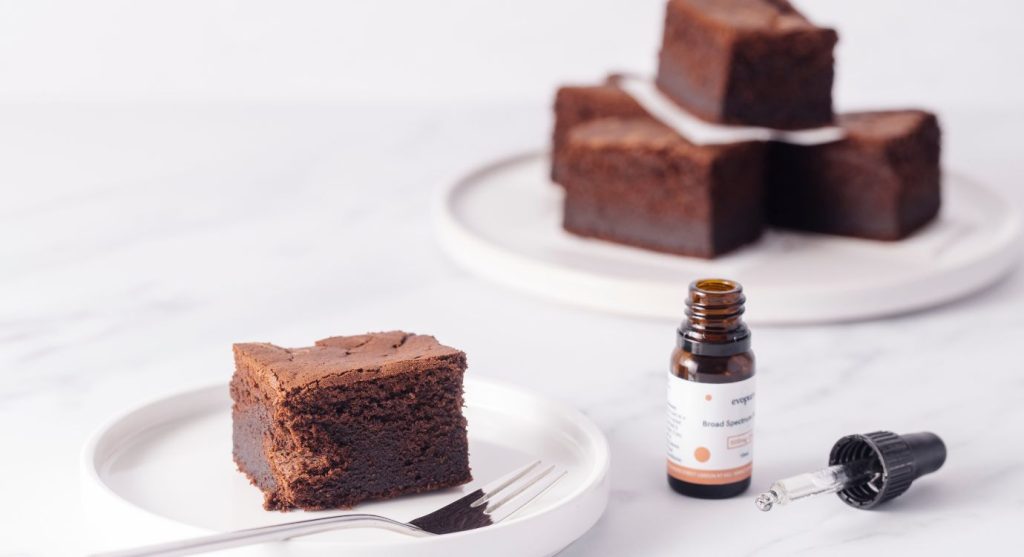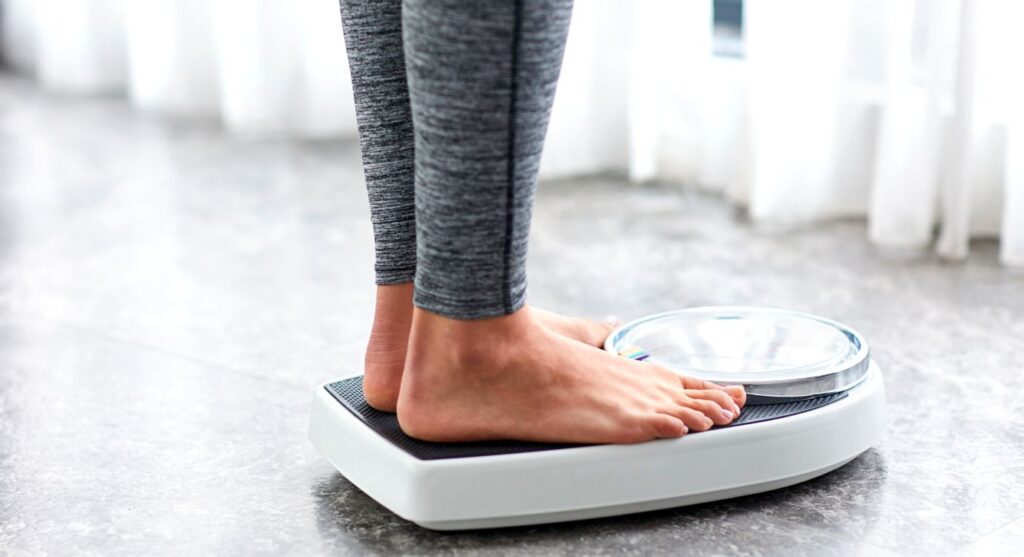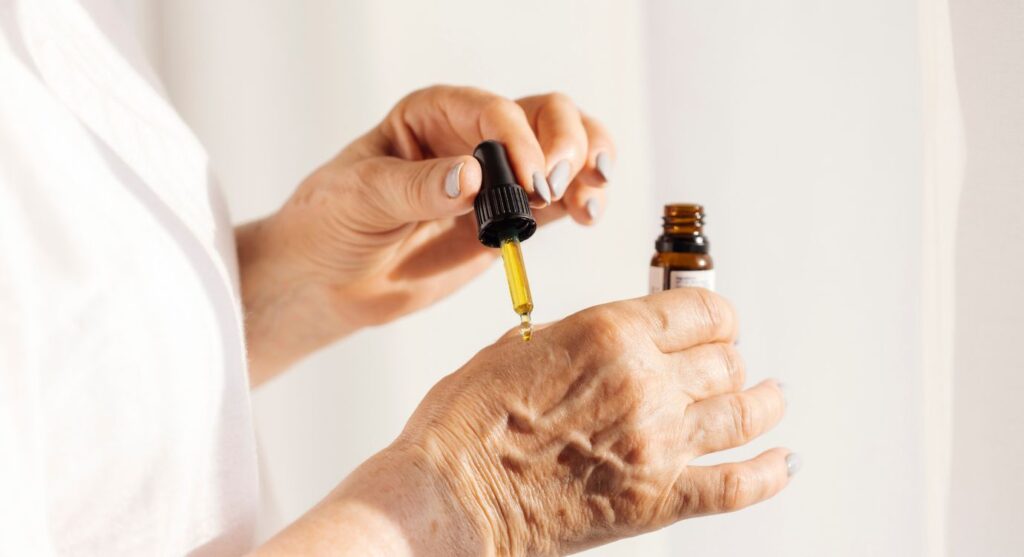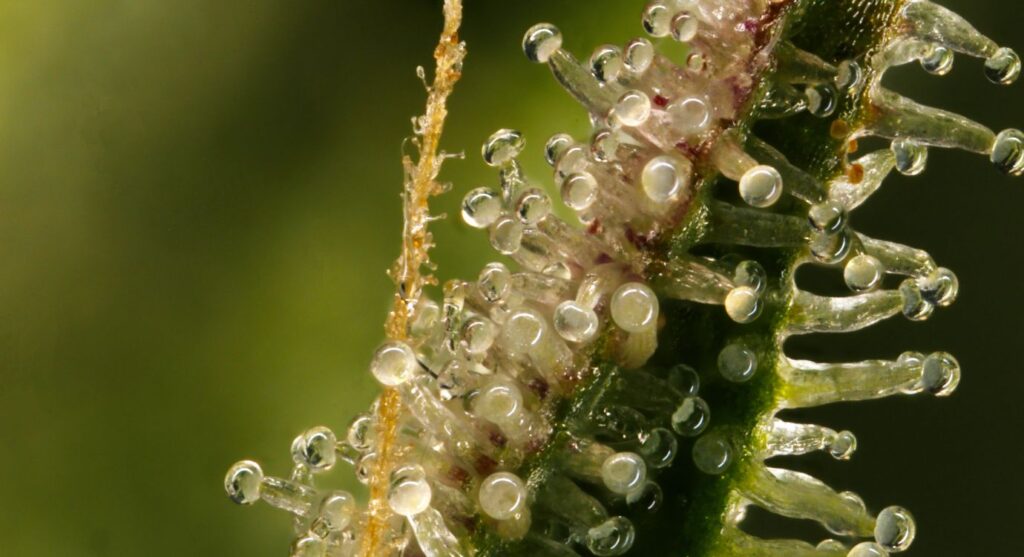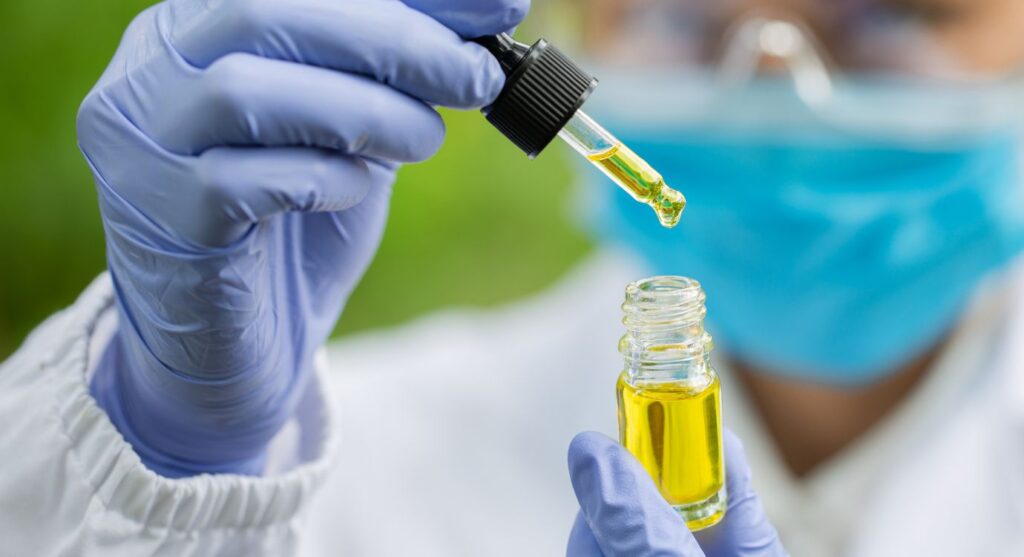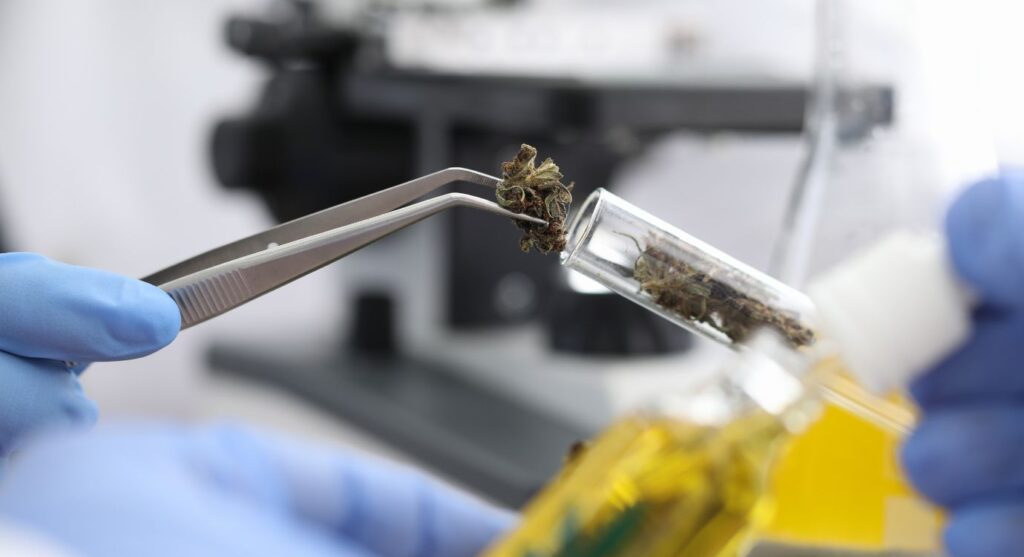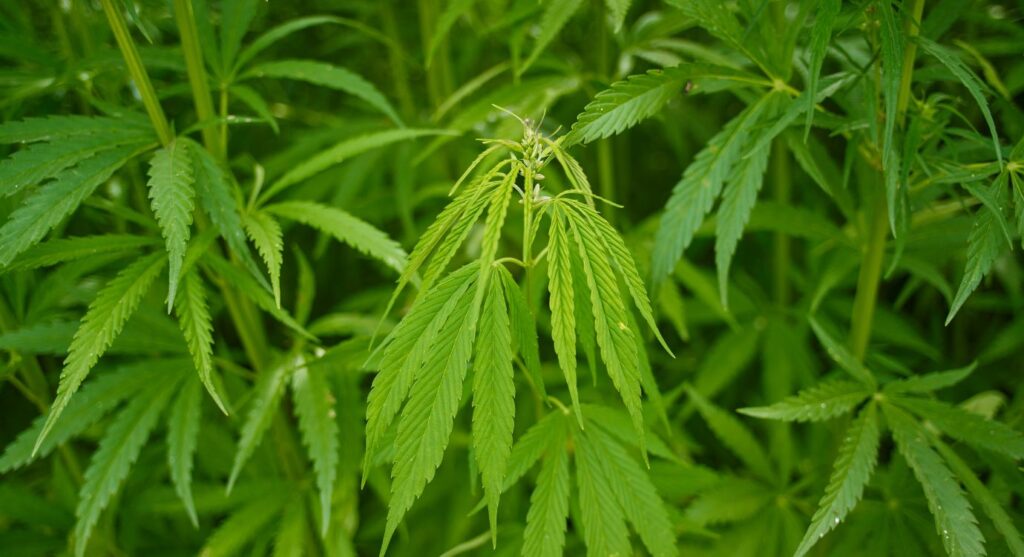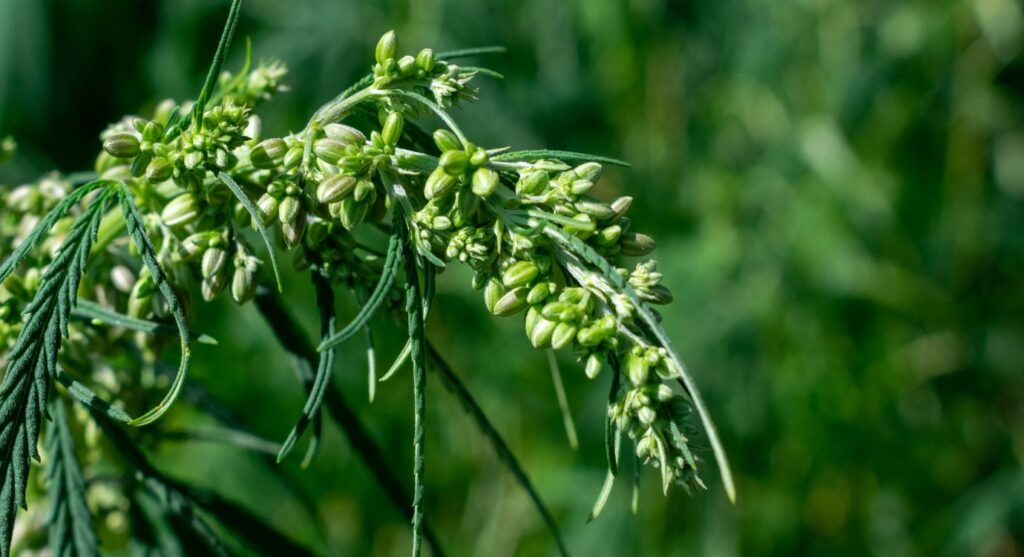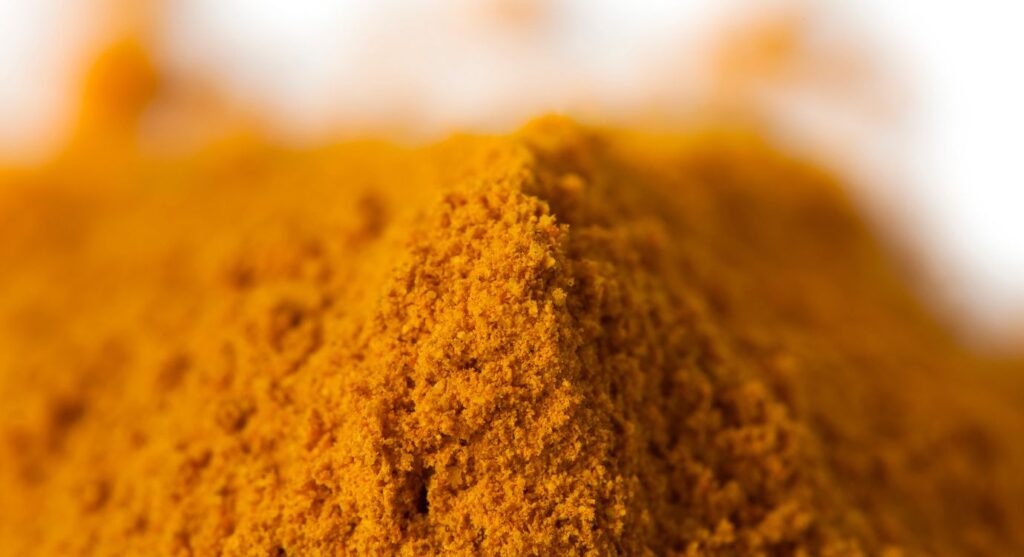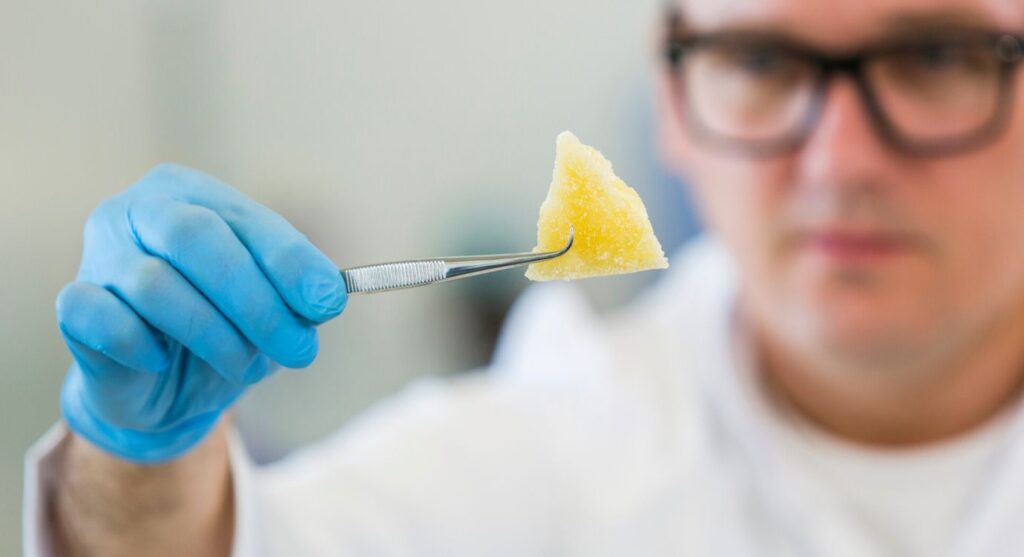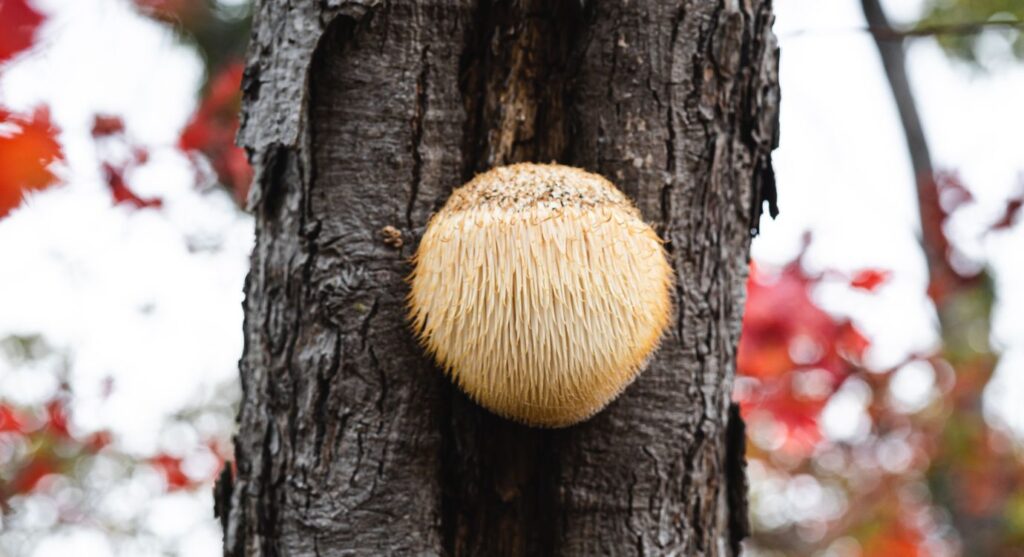The use of adaptogenic mushrooms has skyrocketed in recent years, with these medicinal fungi finding their way into everything from edibles to our morning cup of joe.
But what exactly is mushroom coffee?
If you’re interested in learning more about mushroom coffee and what distinguishes it from regular coffee, there are a few essential aspects you should be aware of before taking the plunge. These include:
- What is mushroom coffee
- The benefits of mushroom coffee
- Possible side effects of mushroom coffee
Additionally, we’ll provide you with a step-by-step guide on how to make mushroom coffee at home.
So, if you’re contemplating a switch to mushroom coffee, join us as we delve into the world of mushroom-infused caffeine.
In this guide:
What is mushroom coffee?
Mushroom coffee is exactly what it sounds like. It is a cup of coffee made up of a blend of ground mushrooms and coffee beans.
However, it’s not made using just any type of mushroom. Mushroom coffee is generally made with medicinal mushrooms such as chaga, turkey’s tail, lion’s mane, reishi, and cordyceps, rather than culinary mushrooms like shiitake and portobello.
These mushrooms are extracted and ground into a powder that can be added to coffee.
Additionally, some companies offer pre-packaged mushroom coffee blends that contain both the coffee and mushroom extract in one package.
What are the benefits of mushroom coffee?
Some promising benefits of mushroom coffee include:
Mushroom coffee enhances the immune system
Chaga, reishi, and turkey’s tail are some of the mushrooms that are used in mushroom coffee due to their potential immune-boosting properties. These mushrooms contain polysaccharides and beta-glucans, which can stimulate the immune system.
However, It’s worth noting that the research on adaptogenic mushrooms is still in its early stages, and more studies are needed to fully understand their immune-boosting properties.
Nonetheless, incorporating adaptogenic mushrooms into a balanced diet may be a natural way to support immune function.
Mushroom coffee provides cognitive support
Medicinal mushrooms in mushroom coffee have been marketed as providing support for memory and concentration, but the extent of these benefits is still under investigation.
Early studies suggest that certain adaptogenic mushrooms may offer cognitive advantages. For instance, some research has indicated that the consumption of lion’s mane mushroom extract may enhance cognitive function and memory in older adults, while other studies have suggested that it may improve focus and attention in young adults.
Nonetheless, it is essential to acknowledge that the cognitive effects of mushroom coffee may be influenced by several factors, including the type and amount of mushrooms utilised, individual differences, and other lifestyle factors such as diet and exercise.
Mushroom coffee possesses potential for cancer prevention
Studies have indicated that certain mushrooms have the potential to serve as supportive therapies for cancer patients.
Compounds found in mushrooms such as reishi, shiitake, and maitake are believed to have anti-cancer properties by boosting the immune system and reducing inflammation.
Moreover, some researchers have proposed that consuming these mushrooms may decrease the risk of specific types of cancer, including breast and prostate cancer.
However, it’s too early to get excited because although some studies imply that the mushrooms used in mushroom coffee may have anti-cancer properties, there is currently insufficient evidence to support the claim that mushroom coffee can prevent cancer.
Mushroom coffee may protect you against chronic disease
Mushroom coffee may have the potential to protect you against chronic disease because medical mushrooms contain bioactive compounds with anti-inflammatory and antioxidant properties.
Chronic diseases like cardiovascular disease and diabetes are oftentimes associated with chronic inflammation and oxidative stress, so the anti-inflammatory and antioxidant effects of medicinal mushrooms may potentially offer you protective benefits from them.
Reishi and chaga extracts are two examples of mushroom coffee extracts that may provide these benefits. Reishi mushroom has shown potential in protecting against heart disease, liver disease, and cancer, while chaga mushroom has demonstrated anti-inflammatory and antioxidant effects that may offer protection against chronic diseases.
Read more: Mushrooms for inflammation
Mushroom coffee for stress management
The mushrooms used in producing mushroom coffee possess adaptogenic characteristics, which means that when they are taken regularly, they can help your body adapt to stress.
In a large study carried out by Scientific Reports, it was discovered that micro-dosing on psilocybin mushrooms greatly improved the mood and mental health of the subjects.
Additionally, Reishi and Cordyceps mushrooms are thought to have adaptogenic properties that may help your body adapt to stress and reduce the negative effects of chronic stress on the body by potentially reducing cortisol levels.
Lastly, lion’s mane mushroom contains compounds that can potentially lessen inflammation and oxidative stress, both of which are frequently associated with chronic stress.
Collectively, these findings provide evidence that adaptogenic herbs help regulate the body’s response to stress.


Does mushroom coffee have side effects?
Although mushroom coffee is generally deemed safe, it is crucial to acknowledge the possible side effects. These side effects may vary based on the individual and the specific blend of mushrooms used in the coffee.
Therefore, it is recommended to consult with a doctor before consuming any mushroom-infused coffee, especially if you are pregnant, taking any medication, have a history of allergic reactions, or suffer from irritable bowel syndrome.
A few common side effects include:
Allergic reactions
The consumption of mushroom coffee made with certain types of mushrooms may trigger an allergic reaction in individuals who are allergic to those mushrooms.
Digestive issues
Digestive discomforts, including bloating, gas, or diarrhoea, are not uncommon in people who consume mushroom coffee. This is because of the presence of certain types of mushroom fibres or polysaccharides that are not entirely broken down during the brewing company, making them difficult for some people to digest.
Interactions with medications
Mushrooms may interact with some medications like blood thinners, leading to negative side effects. Hence, it’s best to check in with your doctor before consuming mushroom coffee.
Overstimulation
Another potential side effect of taking mushroom coffee is overstimulation, which is caused by the caffeine content of mushroom coffee.
Caffeine is a stimulant that can increase alertness, concentration, and energy levels. However, it can also have negative effects when consumed in excess, causing symptoms such as jitters, restlessness, anxiety, and difficulty sleeping. These symptoms may be more pronounced in people who are sensitive to caffeine or who consume large amounts of caffeine regularly.
How do I make mushroom coffee?
Decide on the type of mushroom to use
To begin making mushroom coffee, the initial step is to select the type of mushroom you prefer. Numerous mushrooms are available, each with distinct flavours, textures, and advantages.
However, if you aim to obtain some of the health benefits discussed above, it is recommended to choose an adaptogenic mushroom like Reishi, Chaga, Lion’s Mane, Turkey Tail, or Cordyceps mushrooms.
After selecting your preferred mushroom, you can either purchase it in powder form or dry and dehydrate it yourself before grinding it into a powder.
If you want to dry and dehydrate mushrooms on your own, here are some basic steps you can follow:
- First, use a sharp knife or mandolin to slice your mushrooms into thin, even pieces. This will enable them to dry more quickly and evenly.
- Preheat your dehydrator to 130-140 degrees Fahrenheit (54-60 degrees Celsius) or your oven to the lowest temperature setting (usually around 170 degrees Fahrenheit or 76 degrees Celsius).
- Arrange your sliced mushrooms in a single layer on a dehydrator tray or a baking sheet lined with parchment paper. Make sure they are not touching or overlapping, as this will slow down the drying process.
- Place the mushrooms in the dehydrator or oven and let them dry for several hours, checking on them periodically.
- The mushrooms are dry and ready when they are brittle and have no moisture left in them.
Mix your mushroom coffee blend
Normally, mushroom coffee blends consist of an equal amount of mushroom powder and ground coffee. However, you have the flexibility to modify this ratio according to your taste.
To make your mushroom coffee, you can brew the mushroom powder and coffee ground mix as usual. You can opt to use a percolator, pour-over setup, or even a French press, depending on your preference.
Lastly, adding any sweetener of your choice to the brewed coffee is entirely optional if you want to enhance the flavour of your mushroom coffee.


What does mushroom coffee taste like?
Mushroom coffee typically possesses a slightly earthy and nutty taste, which can vary depending on the type and amount of mushrooms used in the blend.
Some mushroom coffee blends may have a more pronounced mushroom flavour, with an earthy, slightly woodsy, and meaty taste, while others may have a subtler taste akin to regular coffee.
Furthermore, the addition of other ingredients, such as sweeteners or spices, to the coffee blend may affect the overall taste.
For example, Reishi mushroom coffee has a slightly bitter taste similar to regular coffee but with an earthy, slightly woody flavour. It may also have a nutty taste and a sweet aroma.
In contrast, Chaga mushroom coffee has a bolder flavour that is described as earthy, nutty, and slightly sweet, with a hint of vanilla or caramel-like flavour.
Although mushroom coffee’s taste may differ from traditional coffee, it can still be enjoyable for those who appreciate its unique flavour profile.
Frequently asked questions:
Is mushroom coffee good for you?
Mushroom coffee offers potential health benefits such as immune system support and cognitive enhancement, but more research is needed to confirm its effectiveness.
Who should not drink mushroom coffee?
It is recommended that individuals who are allergic to mushrooms, are pregnant or take medication that may interact with the ingredients in the mushroom coffee should avoid consuming it.
Final thoughts
So there you have it. Now you know all about mushroom coffee, from what it is to its potential benefits, to how to make it and possible side effects.
Whether you want to explore a healthier coffee alternative or simply try something new, mushroom coffee might be a great choice.
However, make sure to consult your doctor beforehand, especially if you have any medical concerns or are taking medications that could potentially interact with the mushrooms. Happy brewing!
10% off on your first order
Complete this one-minute quiz and find the right products for you.


